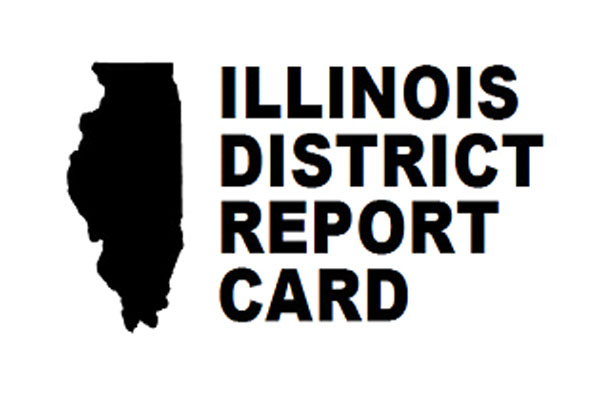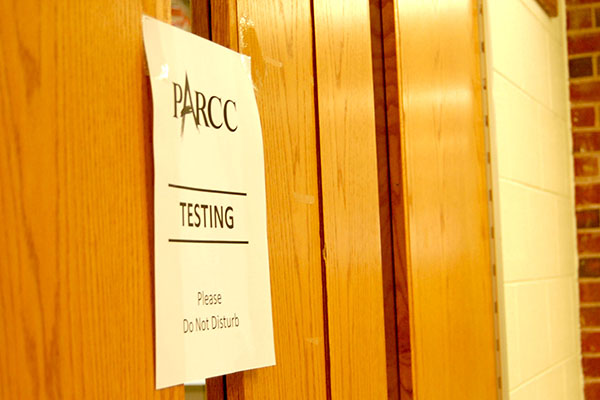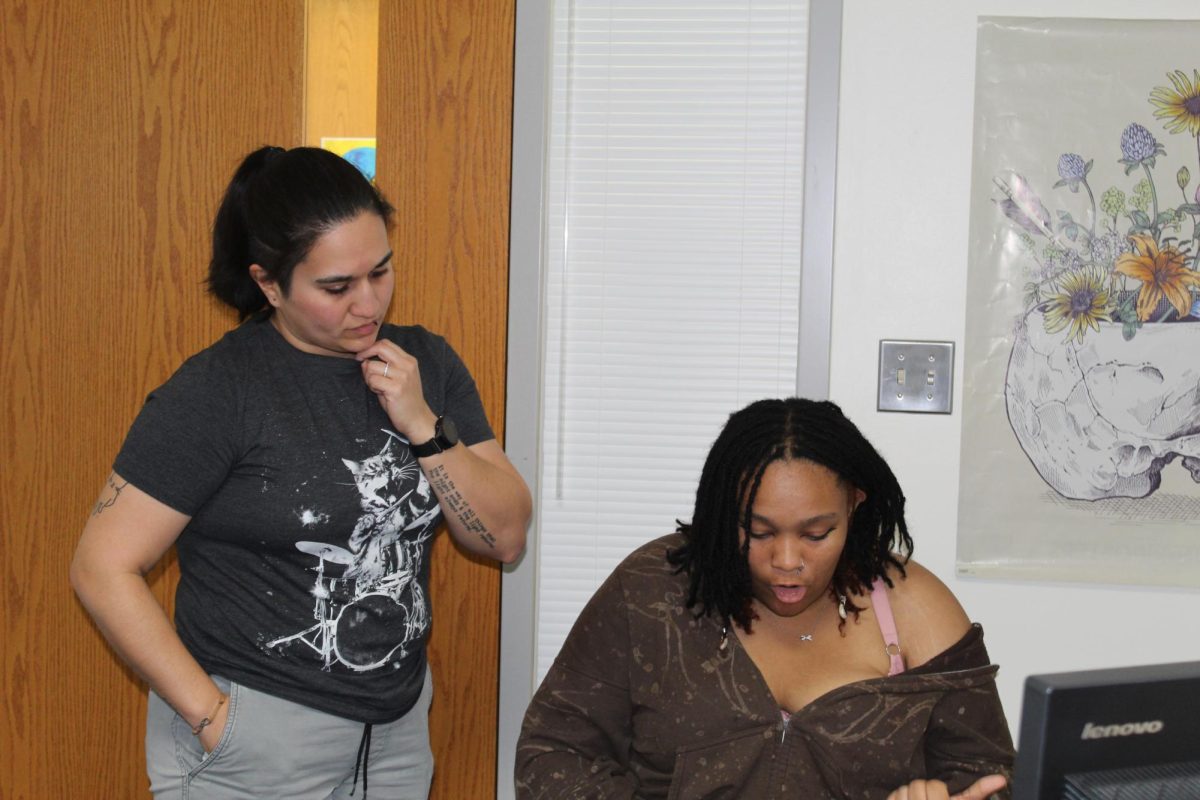Full disclosure: I am a member of the Class of 2013. I am a human being. I am not a test score.
According to the recently released scores on the Illinois District Report Card, the Class of 2013 was not able to keep up with the PSAE test scores of previous classes. That raises the question: should an entire class of students be judged solely on their test scores? Can students be compared year-to-year when the tests vary and the students vary?
In an interview with the Riverside Brookfield Landmark, Principal Pam Bylsma said, about the Class of 2013, “School officials had long known that the academic profile of the Class of 2013 was weaker.”
According to the state report card, the Class of 2013 compared favorably to the state averages in all scores – Science, Reading, Mathematics, English, and the Composite score. However, the same class had a worse score than the Class of 2012. Does that mean that students from the Class of 2013 are less developed than other years?
When Illinois publishes these test scores, they do not include in their analysis whether or not the test was exactly the same each year or any other factors that could lead to higher or lower scores, such as different students taking the test. In the report card it is shown that in comparison from last year’s seniors to this years, the scores dropped average 1.6 points and yet are still significantly better than the average scores state-wise.
Bylsma, also in her interview with the Landmark, said, “This year’s senior class has improved more than expected.”
Despite a dip in scores relative to the Class of 2012, the Class of 2013 is still a bright class and it is not fair to judge them based primarily off of their test scores. A student’s worth should not be determined by a PSAE score, or any test score. Students should also be judged by their performance inside the classroom, in their activities outside the classroom, and whether they are doing what they need to do to succeed in life.



















